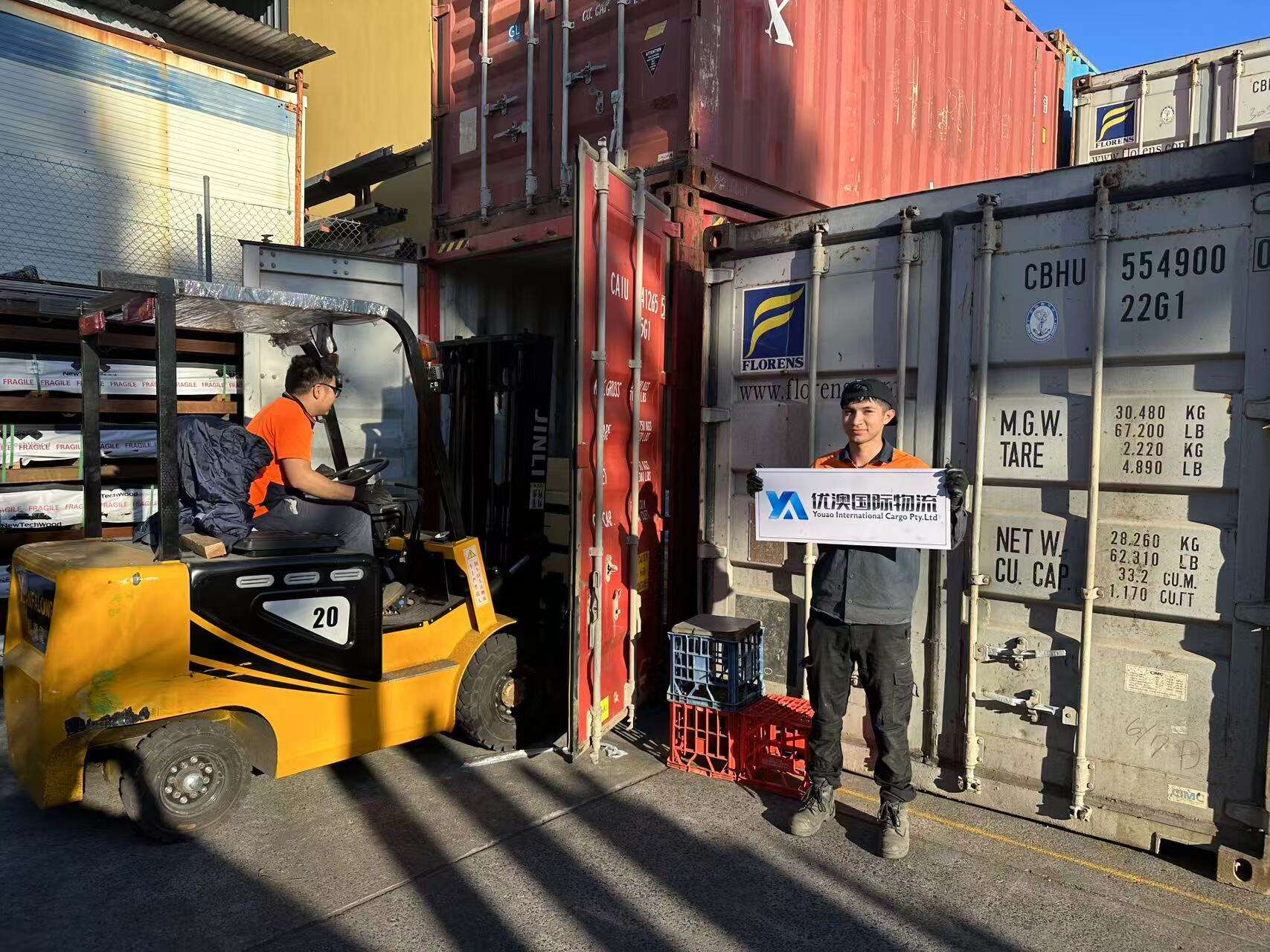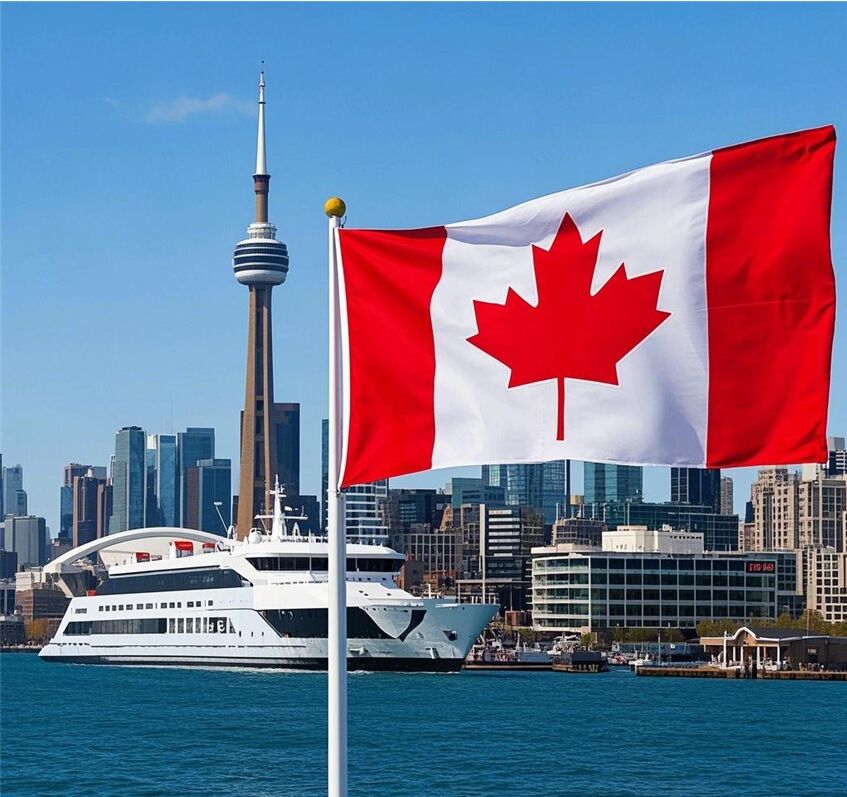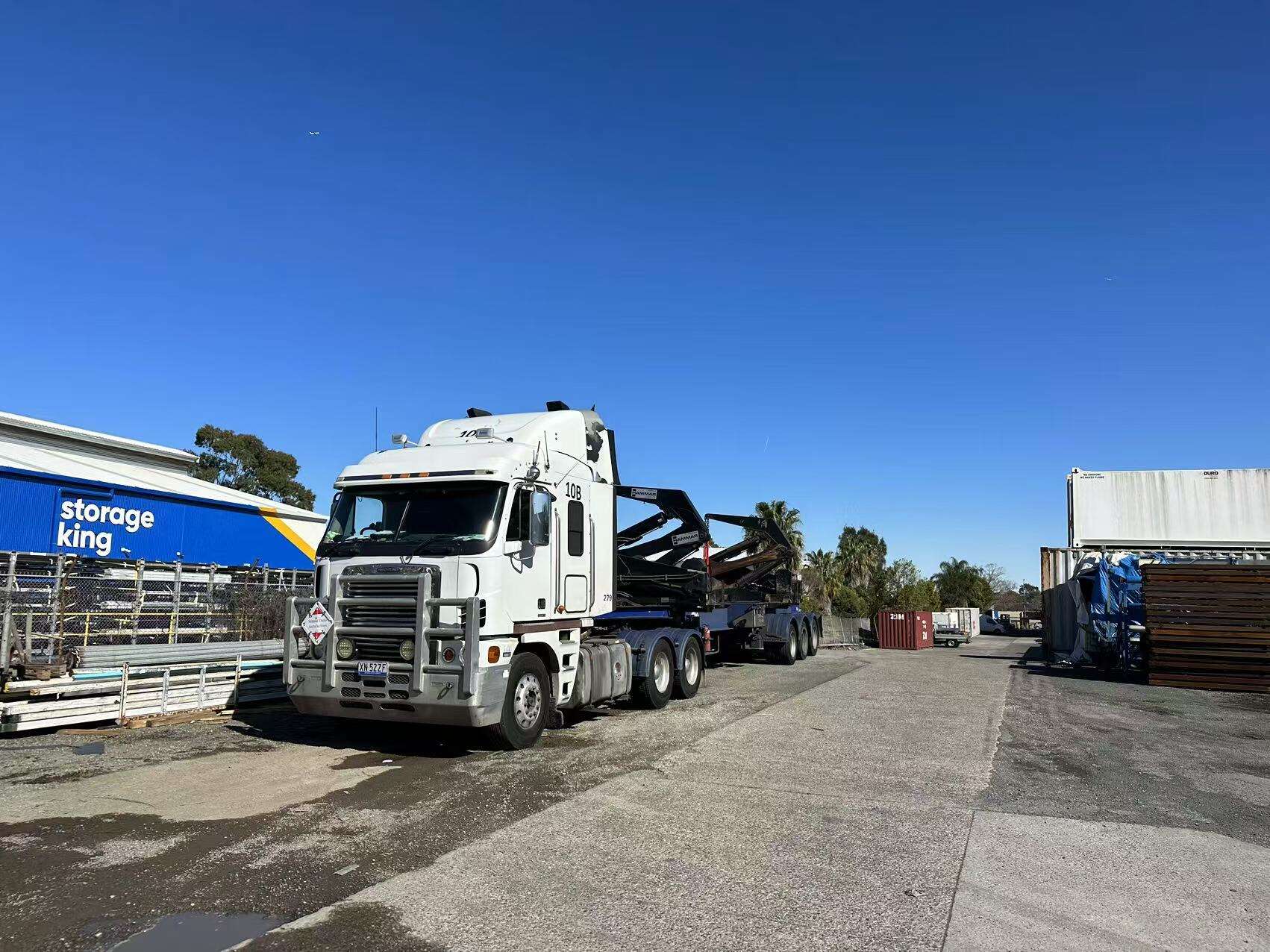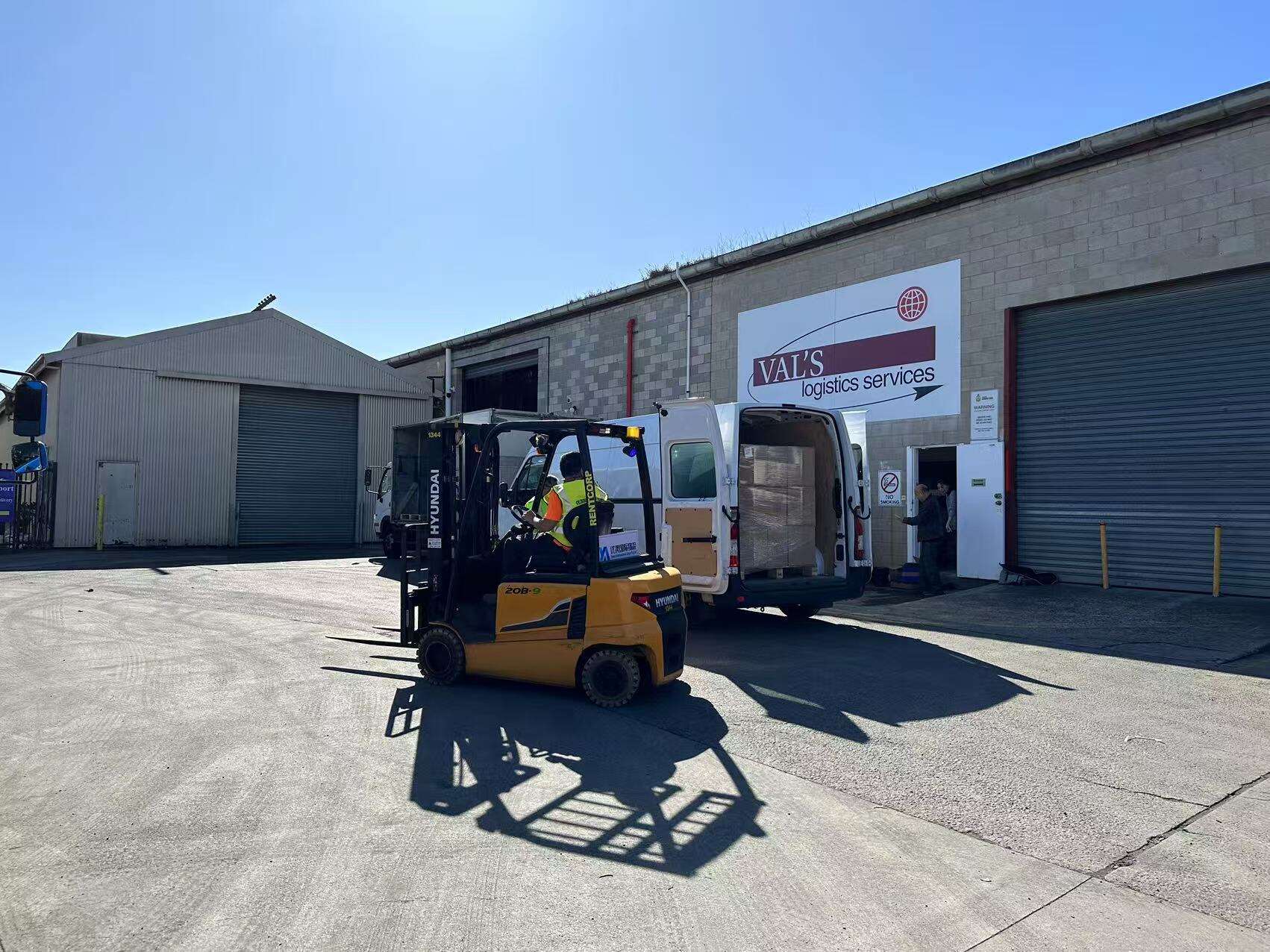To facilitate business expansion, it is critical to understand the international policies and regulations regarding networking and the movement of goods in the global economy. With this in mind, the author's concern is on compliance policies concerning the international movement of goods—focusing on the regulations regarding the movement of goods, the functions of the documents of trade, and the business compliance policies.
Policy Regulations in International Trade
As in all other sectors, policies have workflows for the processes that need to occur in a transaction. The policies resolve the transfer of commodities and services across the boundaries of different sovereign states. These policies are reshaped to meet the goals of each and every state involved as well as offer services to the companies and consumers by managing imports and exports and balancing trade. The major policies are usually imports and exports customs, trade policies, and safety regulations. These policies shape the business and trade environment otherwise companies will risk fines in international transaction and in the transport of goods.
Why proper Documentations Matters in Compliance
In international trade, every shipment requires specific documentation, including invoices, packing lists, and certificates of origin. International trade policies and regulations must be complied with, and documentation is critical for that. Fines, shipment delays, or even shipment seizures are all possible with improper or missing documentation. Every transaction is within the domain of Customs, and without documentation, shipment is nearly impossible. Consequently, the need to document without errors is critical for seamless operations.
Achieving Compliance Goals in Cargo Shipping
Every company handles various trade documents, which are accompanied by shipment tracking systems. Compliance can be achieved through employee compliance training, shipment audits, and use of shipment tracking and documentation software. Following these steps will aid compliance in working with brokerage and customs experts because these are the people that can go in depth with the compliance system. Working with customs brokers helps overcome the complex challenges posed by advanced shipment tracking and compliance software.
Customizing Strategies for Watching Alterations in Regulatory Compliance
Changes and their potential impacts on operations are a business risk, particularly in international trade that is subject to rapid changes. Businesses can quickly and in real time adapt by tracking relevant government agencies, trade organizations, and consuming industry news. Compliance requirements can be expanded through collaboration by joining other industry associations.
Future Considerations and Trends in the Industry
The international commercialization of goods and services has resulted in international trade regulations becoming more complex. Inbound supply chain security and rising nationalistic policies are making things even more difficult for businesses. This means that businesses must respond to and meet the new requirements of the regulations. There is a considerable supply and demand for cargo transportation. Given the situation, employing the latest technologies can be quite helpful. Blockchain and AI technologies can improve efficiency through automation and transparency.
In summary, businesses are required to comply with international trade processes and regulations. Adherence to the processes marks a competitive edge for global businesses. In the competitive environment, unencumbered cargo movement is required even with tight regulations, ever changing industry standards, and the unending demand for planners and strategists. Here, prioritization of documentation will meet the best practice guidelines set forth.




